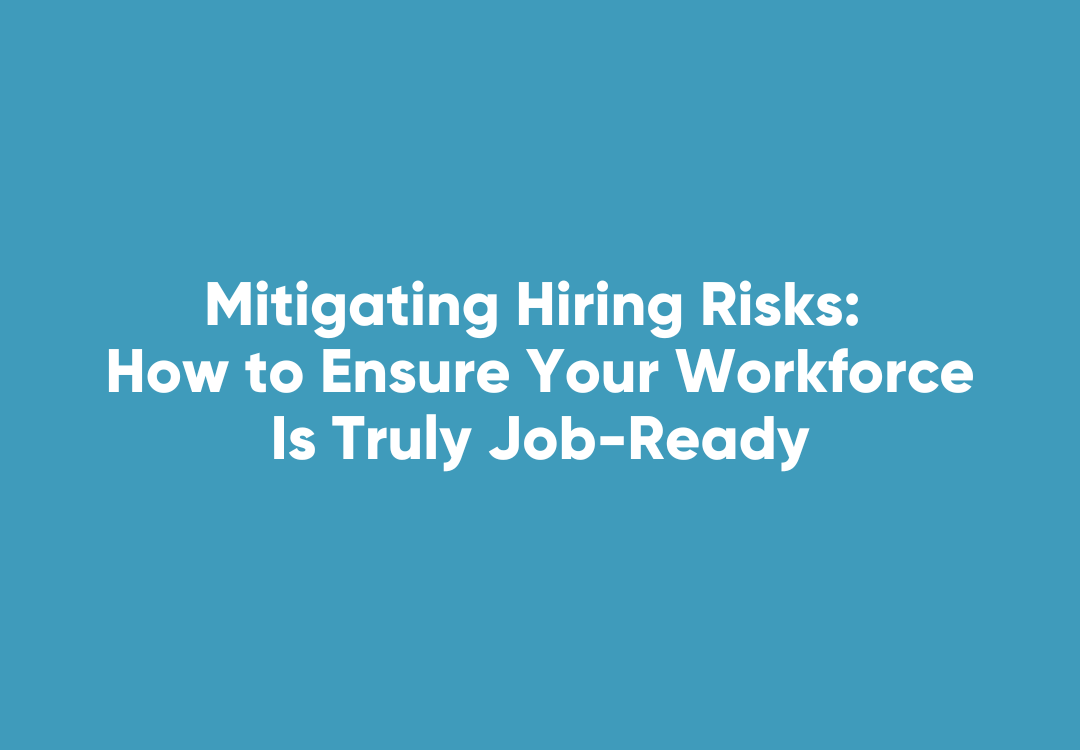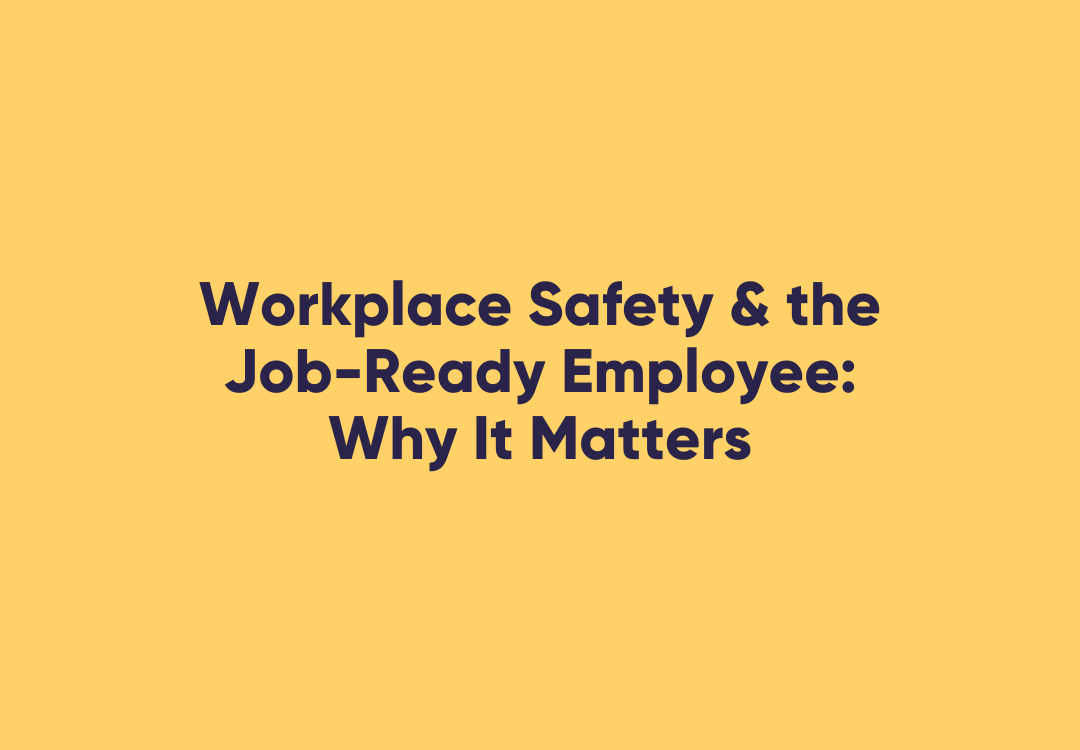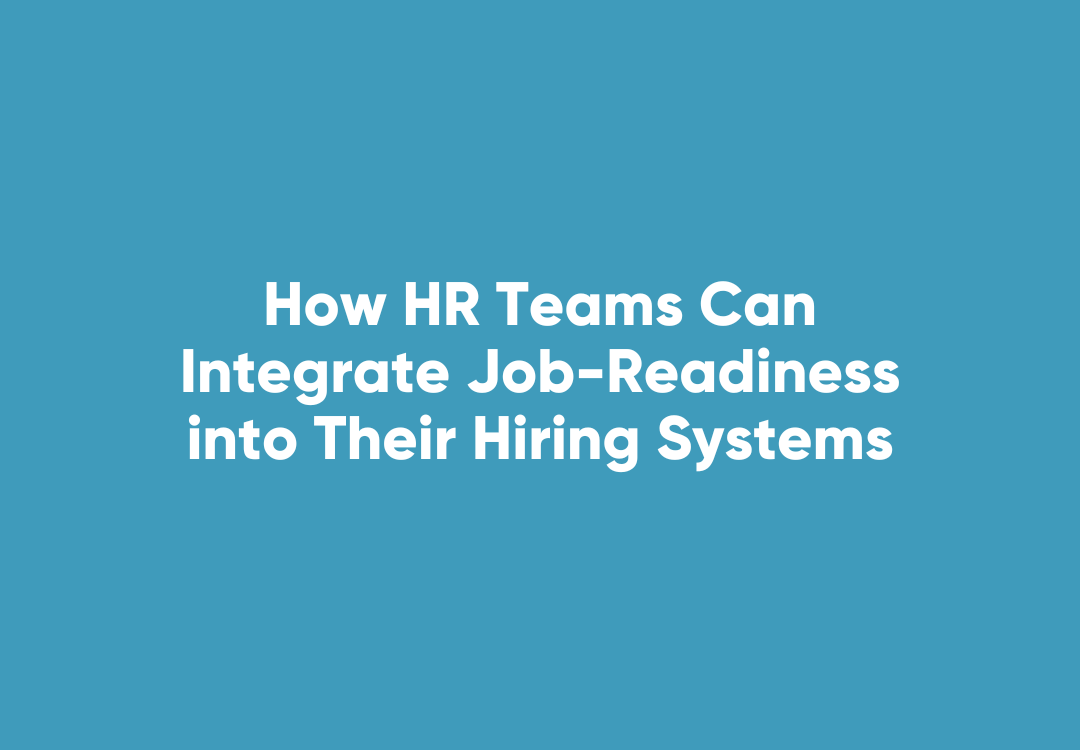High Stress Makes Employees Disengage
Employees are finding themselves disengaging from their work as a result of workplace stress, according to a recent survey from Towers Watson.
The survey tracked the impact that workplace stress is having on employees, with many respondents reporting that they are less engaged with their work as a result.
Over half (57 per cent) of highly stressed employees reported that they are disengaged from their work.
This compares to only 10 per cent of low stress workers who are disengaged from their work.
The main causes that workers pointed to that were causing stress were inadequate staffing levels.
In fact, this concern was cited by 53 per cent of employees.
Worryingly, managers appear to be overlooking this concern, with only 15 per cent reporting that they are under-staffed.
Absenteeism and presenteeism also increase as a result of high levels of stress.
Highly stressed employees are taking nearly twice the sick leave of low-stressed employees (an average of 4.6 days compared to 2.6).
With absenteeism and presenteeism costing the Australian economy $14 billion every year, according to SafeWork Australia, this a real drain on business resources.
Rebekah Haymes, senior consultant and wellbeing specialist at Towers Watson pointed to the difficulties that companies are seeing around productivity.
“The research clearly shows the destructive link between high levels of stress and reduced productivity.
A third of respondents said they are often bothered by excessive pressure in their job and this can lead to higher instances of disengagement and absenteeism – clear indicators of low productivity in the workplace,” said Ms Haymes.
For companies that are struggling with stressed employees, WorkPro has recently released a useful e-book on this topic.
The book is a helpful resource, providing practical ways to address stress in the workplace.
© Copyright 2025 WorkPro Privacy Policy | Terms of Service | Terms of access











